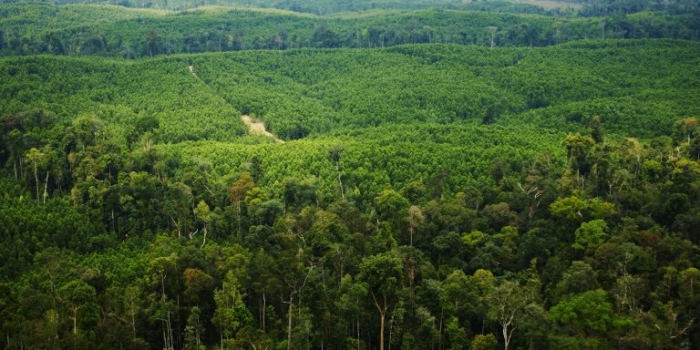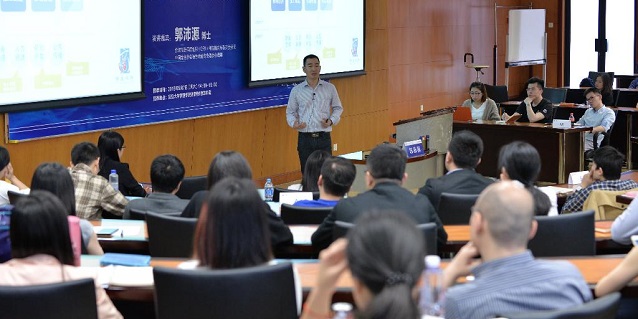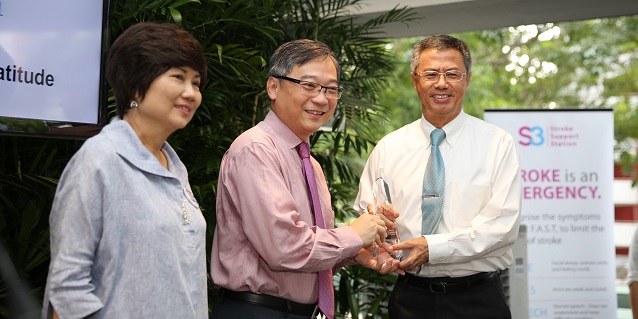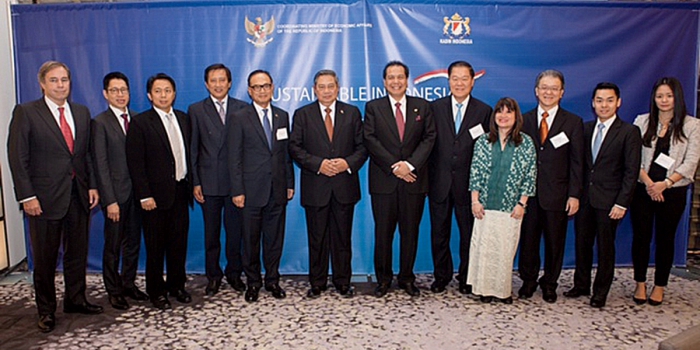The Independent Peat Expert Working Group (IPEWG), a working group of global peatland experts and scientists that leading pulp and paper producer APRIL established in January 2016, has published its Phase 1 Progress Report, detailing the accomplishments and challenges over the past two years of engaging with the company.
Formed after the launch of APRIL’s Sustainable Forest Management Policy 2.0, IPEWG was asked to provide input and recommendations on best management practices to be implemented in existing plantations on peatland, actions required to ensure conservation of forested peatland and critical peatland landscape, as well as provide development options for non-forested peatland.
The move was part of APRIL’s aim to develop a robust science-based approach to responsible peatland management and reducing greenhouse gas emissions.
The activities from 2015 to 2017 that were reviewed in Phase 1 include
- Analysis of subsidence and greenhouse gas data
- Modelling relationships between water table and factors influencing plantation production
- Building a better overview of natural forest conditions
- Accelerating understanding of alternative native species for high water table plantations
- Examining data on the most important factors in fire prevention
- Modelling plantations and landscapes
- Developing a vision for peatland landscapes

IPEWG member Professor Susan Page from the University of Leicester shared that advisory groups such as IPEWG plays a critical role in communicating scientific knowledge to industry partners, as well as providing impetus to develop and share ideas on best practice. “During Phase 1, I have been encouraged to see that APRIL is strongly invested in developing their peatland science programme.”
Fellow IPEWG member Dr Supiandi Sabiham from Bogor Agricultural University in Indonesia echoed the sentiment saying, “Our work is delivering valuable new insights into peat based plantation systems especially in the areas of subsidence and carbon emissions, fire minimisation, resource mapping, modelling, and delivering a new vision for managing peat landscapes.”
For two years, IPEWG also engaged external stakeholders including the Peatland Restoration Agency (BRG), The Nature Conservancy (TNC), Wetlands International, Rainforest Alliance (RA), Fauna & Flora International (FFI), and Winrock International, among others.
In her foreword, IPEWG Coordinator, co-founder and director of Proforest Dr Ruth Nussbaum acknowledged that the process involved a lot of trust building among all parties, including understanding and meeting stakeholder expectations and demands.
“As we move into Phase 2 where the focus is strongly on implementation, the challenges become much greater. Success will depend on integrating the science with legal requirements, stakeholder demands and development imperatives.”
Additionally, Dr Nussbaum notes the evolving task for the group which involves some of the world’s foremost peatland scientists. “We will need to find the best role for IPEWG in this process, and ensure we support government initiatives as we work effectively with all the relevant stakeholders in the identification and implementation of the most appropriate pathways to better peatland management.”







